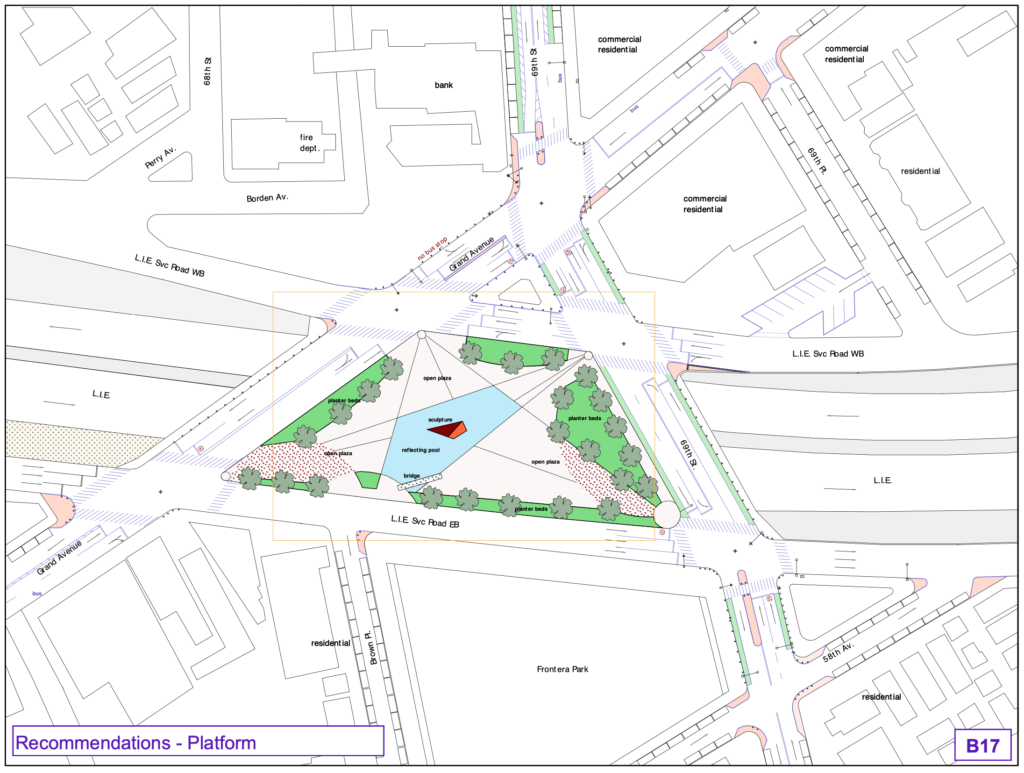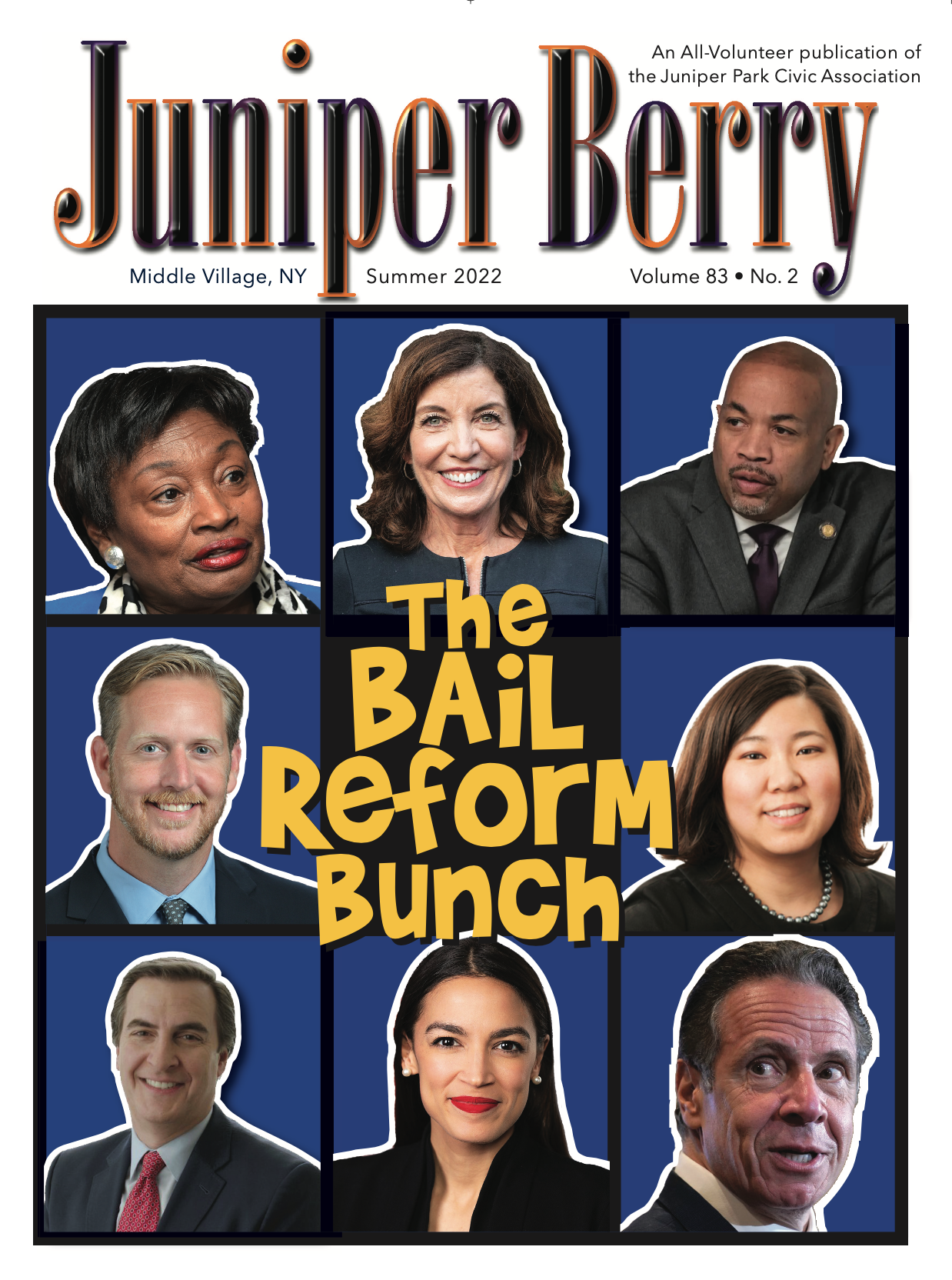In November 2021, US Sen. Charles Schumer and Rep. Richie Torres, along with local elected officials and residents, held a press conference in the Bronx to bring attention to their plan for capping portions of the Cross Bronx Expressway. This would create park land and reduce air and noise pollution and reconnect communities that were divided with the building of the highway in the 1950s. The cost of the project would be upward of $1 billion dollars.
Sen. Schumer said the highway, which was planned by Master Planner Robert Moses, who built many of the highways, bridges, and parks in NYC, “didn’t give a hoot about the effects the highway would have on the community.” According to Sen. Schumer, money for the project is available in the Infrastructure Bill which carries $7.5B dollars for grant programs for transportation improvement projects. He has been in touch with Transportation Secretary Pete Buttigieg and has been assured that the topic is on the top of the list. Sec. Buttigieg feels that “there is a history of racism in many of our nation’s transportation projects.” The Cross Bronx Expressway was cut through a predominantly low-income minority community, and many felt Moses was racist for doing so.
In Queens, another Robert Moses project was planned to build a highway connecting to the Queens-Midtown Tunnel and facilitate travel out to Long Island. Doing so put Maspeth in the highway’s path and many of the residents living here remember all the homes and businesses that had to be demolished to make way for the Long Island Expressway. Maspeth lost many businesses on Grand Ave: its Post Office, its Trolley Depot, and a part of Maurice Park (see before & after, right), for what was to become the busiest highway in the US. Then 30 years later it was decided that the LIE needed widening and again another big project started. Maspeth lost much of its original green spaces and was left with high cement walls and sound barriers and smaller green spaces. Since the LIE was built, residents have had to deal with the noise, the congestion and the air pollution from thousands of trucks and cars going through the heart of their community every day.
Almost 20 years ago, the Juniper Park Civic Association and Transportation Alternatives held a workshop at the American Legion on Grand Ave in Maspeth to discuss ideas to improve the roadways around Grand Ave, 69th St and the Long Island Expressway, the community’s most congested area. Attending the workshop were five transportation experts in traffic planning and engineering and local concerned citizens who offered ideas about what was needed for vehicles, pedestrians, and bicyclists to operate in a safe manner.
In the Sept/Oct. 2003 issue of the Juniper Berry, architect Michael King wrote an excellent article compiling all of the information regarding safety measures that could be implemented at various crossing points in the area. Since then, many of the ideas have been adopted by the NYC DOT. We now have larger crosswalks, designated turn lanes, bike lanes and traffic lights that give pedestrians a head start, as well as areas with bollards.
Why DOT made some suggested changes and not others remains a mystery. They never put bollards around the Memorial Park, a place where there are sitting benches and many large gatherings for community events such as the Memorial Day Parade, Christmas Tree lighting and 911 Remembrance Day. Even after accidents where cars have jumped the curb and crashed into the memorial, efforts to have them installed has proven fruitless.
Michael King’s article closes with a drawing (below) of what could be done with the area between Grand Ave and 69th St in the space over the LIE. He proposed a platform to cover the LIE and create parkland with trees and a reflecting pool. This space could act as an extension of Frontera Park and maybe a site for CitiBike rentals while offering great views of the Manhattan skyline. Above all, the platform would help reduce noise and air pollution and give residents some relief from living next to the busiest highway in the US for the last 70 years.
Robert Moses, in his quest to build a modern highway system in NYC and Long Island, disrupted many communities – the rich, the poor and the middle class of all ethnicities. I doubt the people of Maspeth would cry racism, but if Sen. Schumer and our local politicians can get some of that Infrastructure money for improving conditions around the LIE, whether it be a platform or sound barriers or more trees, it would be greatly appreciated.



